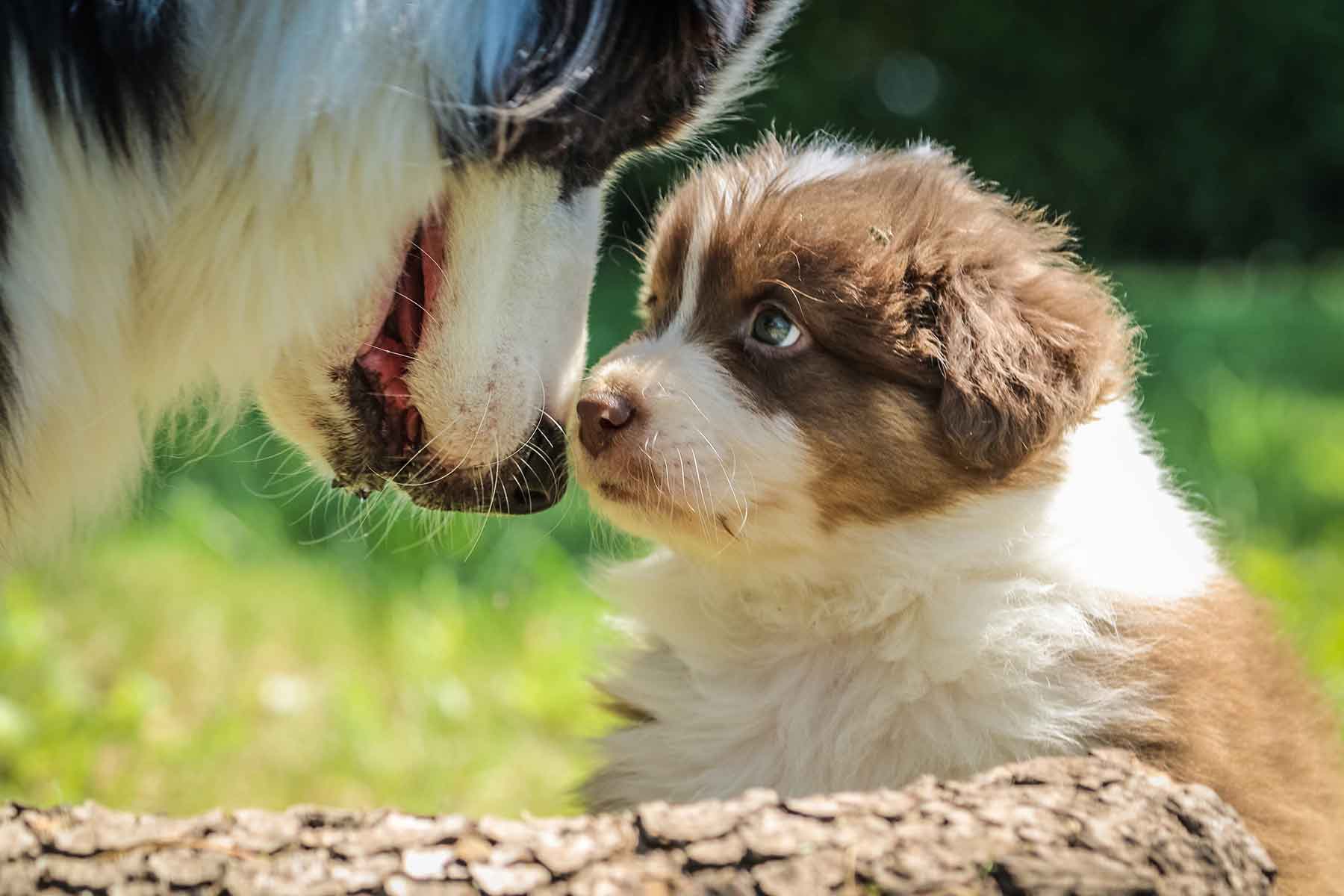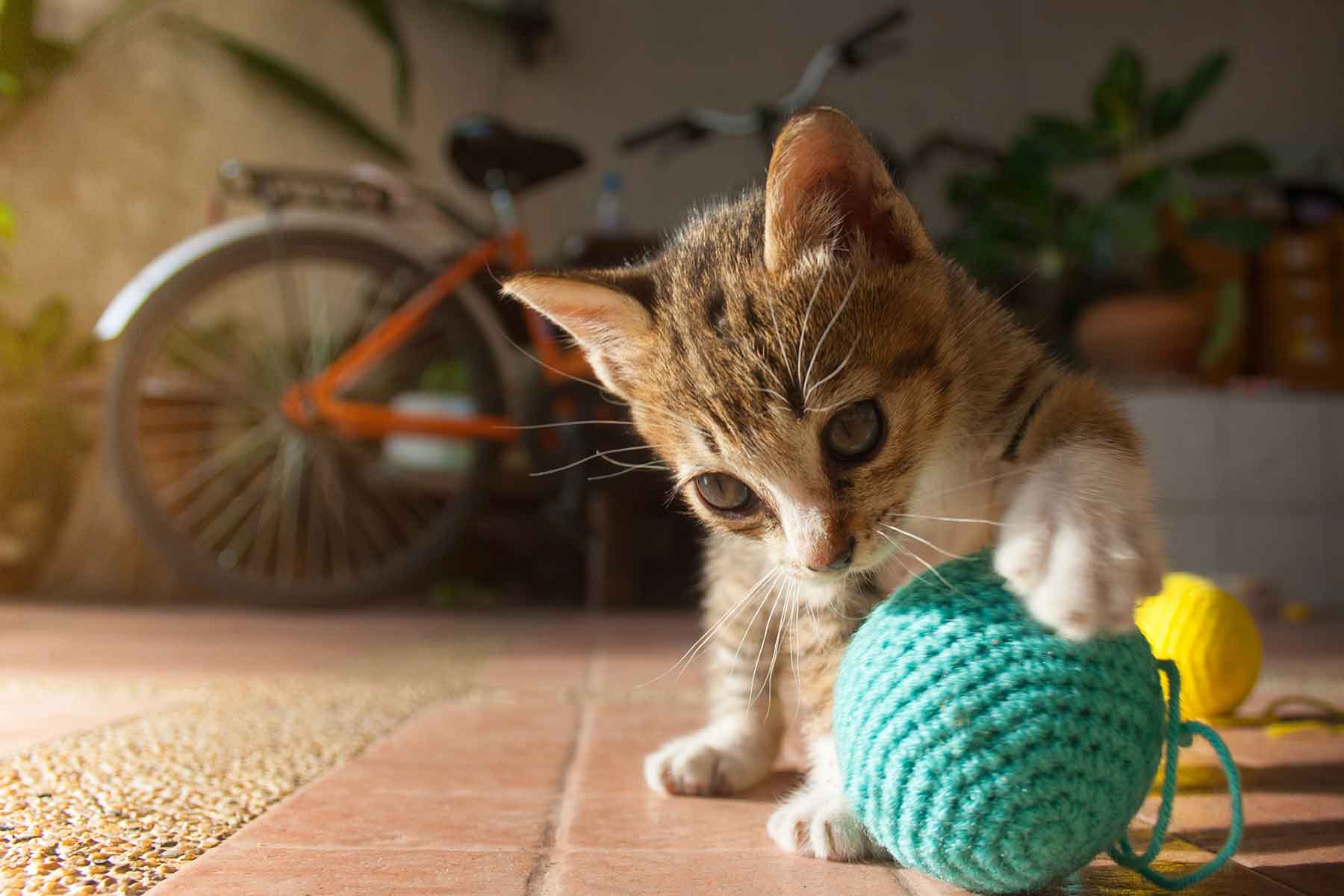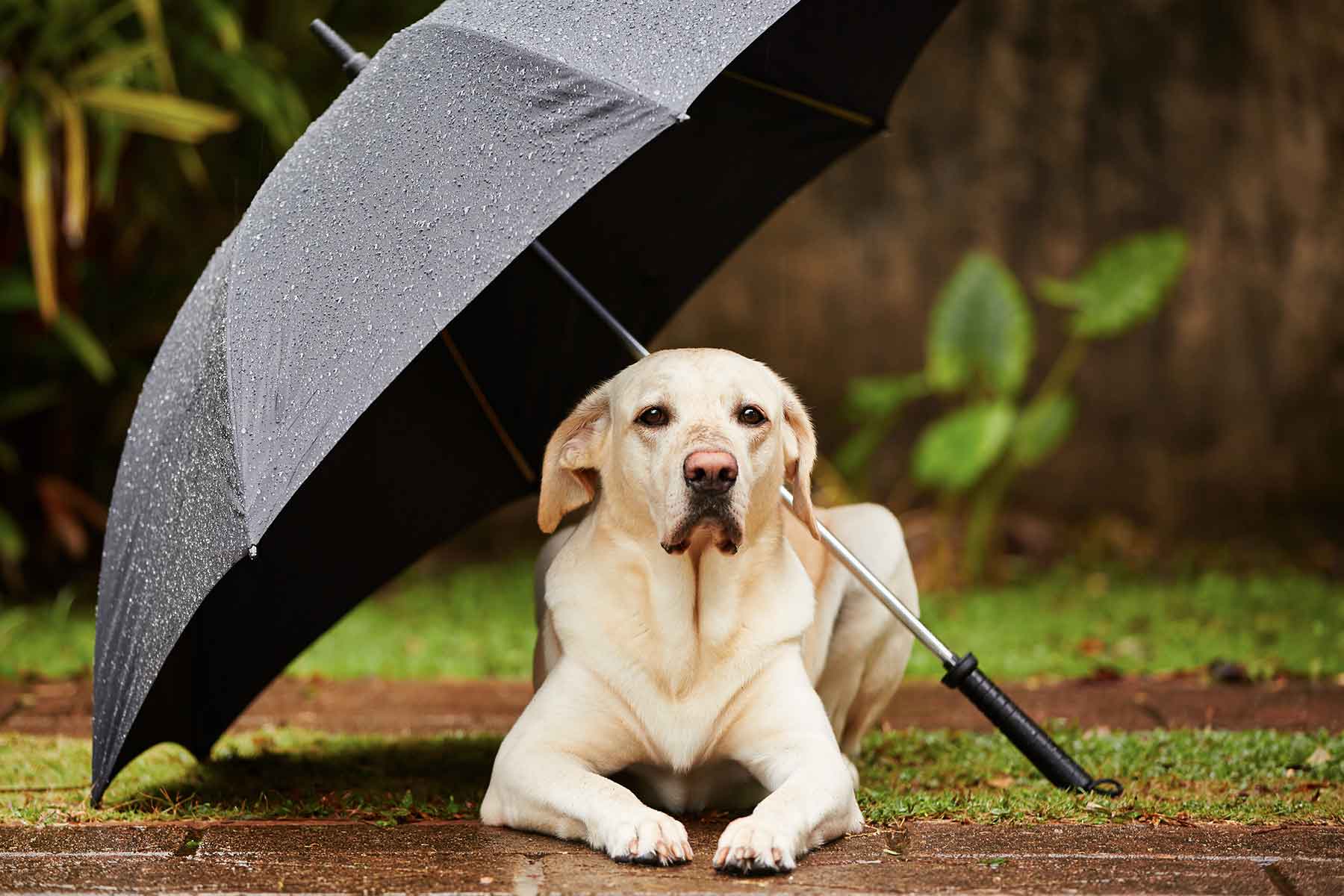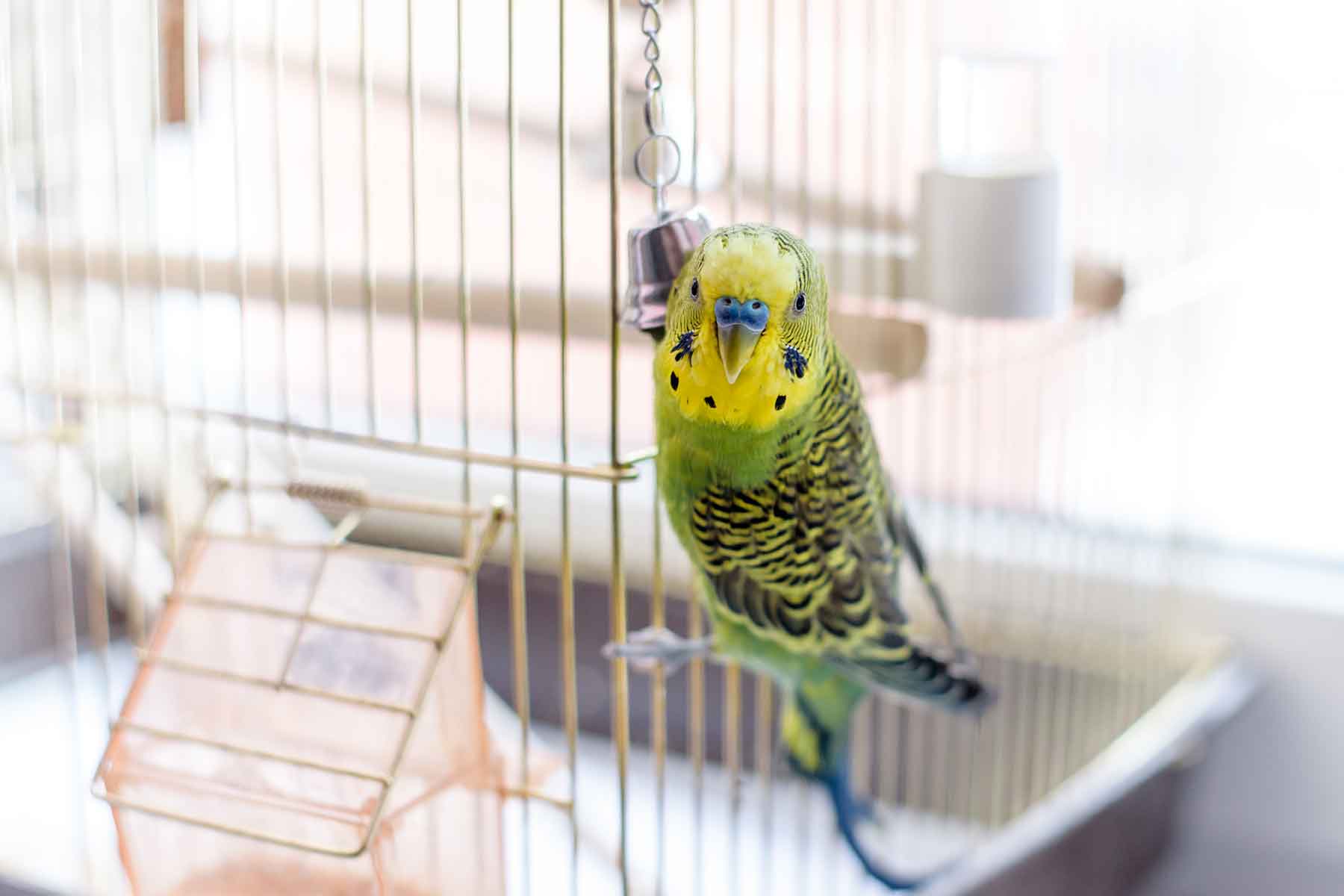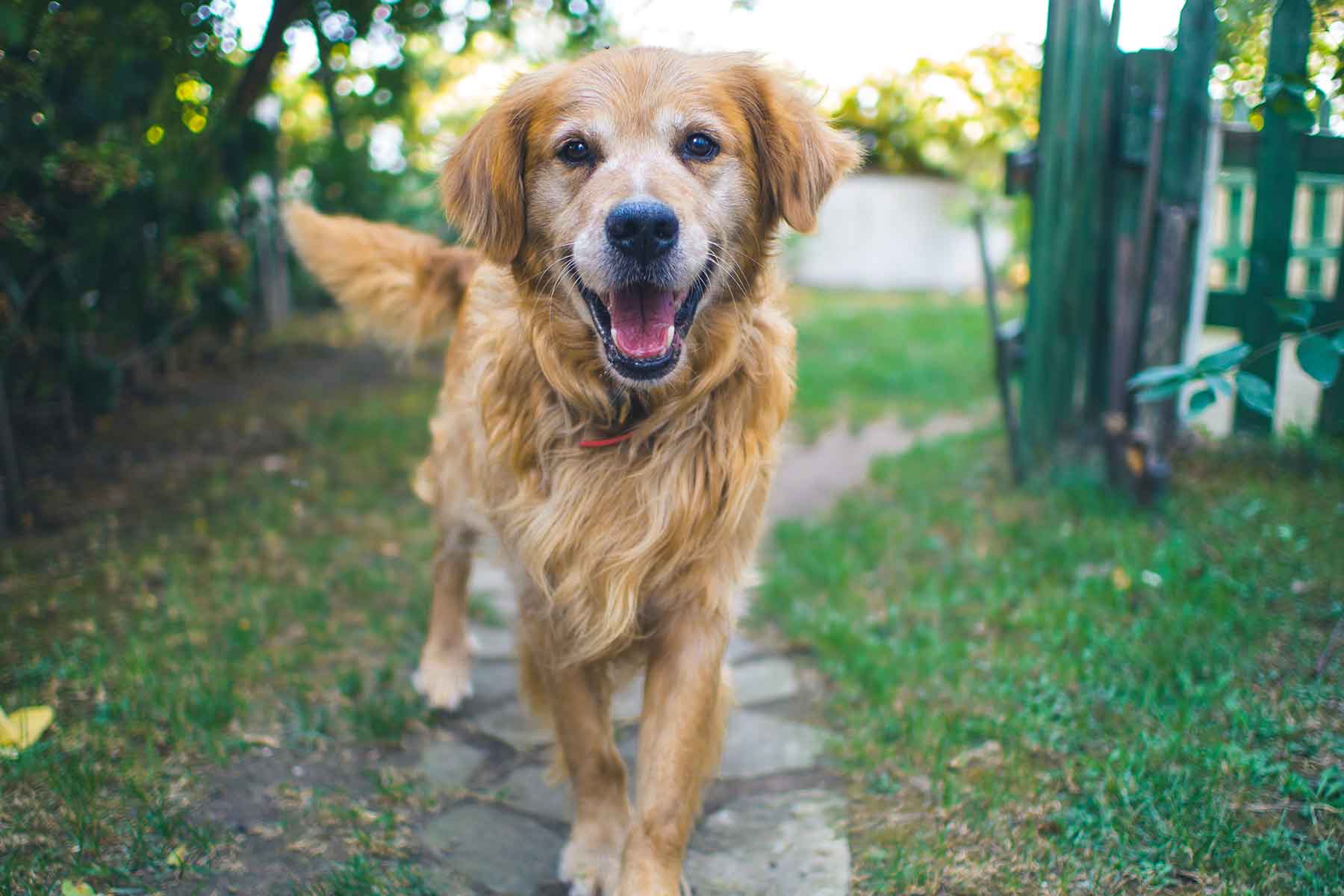Are you planning to leave your pet at home with a carer whilst you go on holidays? If so, plan ahead so you can enjoy a well earned, hassle free holiday while your pet enjoys the company of their carer.
Your pet’s current health status
Book your pet in for a full veterinary health check and make sure they are up to date with vaccinations (in case of emergency boarding/ hospitalisation), worming and parasite control.
Identification
Have a microchip implanted in your pet if you have not already done so. This will make it much simpler for you to be contacted should your animal go missing or end up with the ranger or an animal shelter. It is also a good idea to give your carer’s details to neighbours just in case your pet is distressed (or is causing stress).
Back-up plan
Make sure you have a back-up plan with either another carer or at a boarding facility should your carer fall sick or something unforeseen occurs.
Prepare a care record for your pet
Write down as much information about your pet as possible for the person looking after them. Here’s an idea of some of the things you should note…
- Pets often put on weight during their owner’s absence so provide a list of do’s and don’ts, where to buy, how much to feed and how often.
- Medical complaints or medication needed to be given including regular preventatives eg. fleas, heartworm and treatments eg. Arthritis, heart medication. Also instructions on how to administer them.
- Habits that may be unique to your pet.
- Requirements for exercise and check that your carer has time to do this.
Basics of caring for a pet
If the person caring for your pet has not owned a pet before or if your pet will be staying with a friend (not at your residence) it is a good idea to point out some basics.
- Your pet will require shelter from the elements, heat, wind, cold, rain, hail etc.
- Feeding and preventing infestation from ants, wasps etc in the food bowl
- Dental care – give bones/chews to make sure teeth are kept clean.Provide water in several areas particularly if they will be left alone for lengthy periods of time
- Toilet facilities in numerous locations
- Dispose of faeces regularly to prevent fly infestations and zoonotic diseases (diseases humans can obtain from animals).
Permission to provide care for your pet
Leave the contact details of your veterinarian for the carer of your pet, as well as a letter of authority for any medical/surgical procedures in case your pet needs veterinary attention while you are away. Make sure you discuss methods of payment should care be required. Emergency centres and most vet clinics do not offer account systems. Many clients leave their details and instructions with us.

